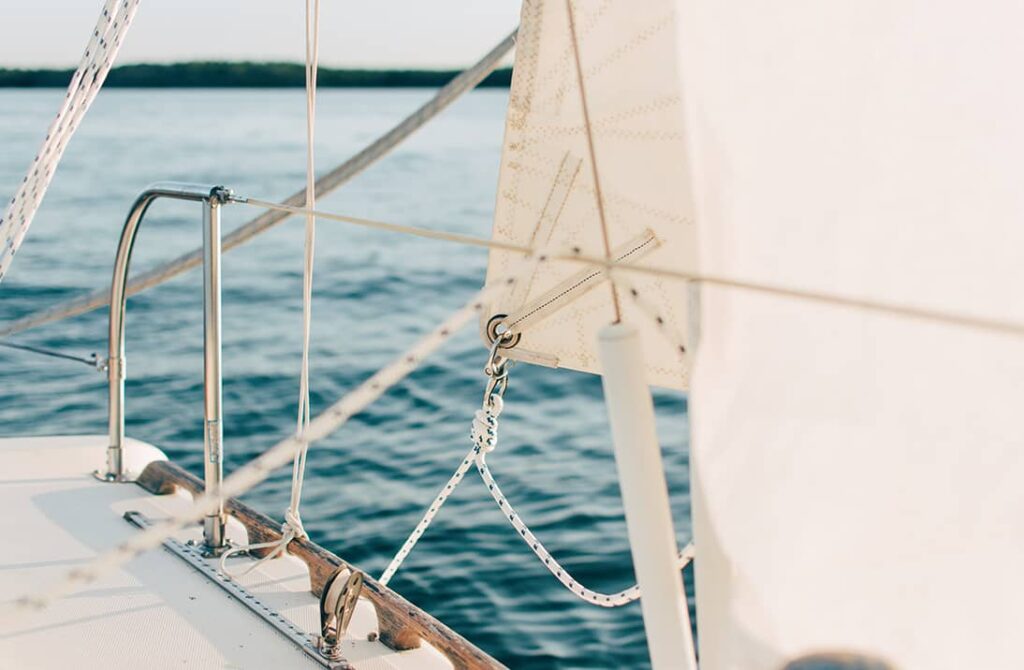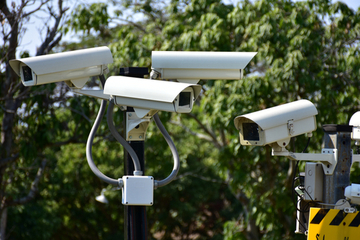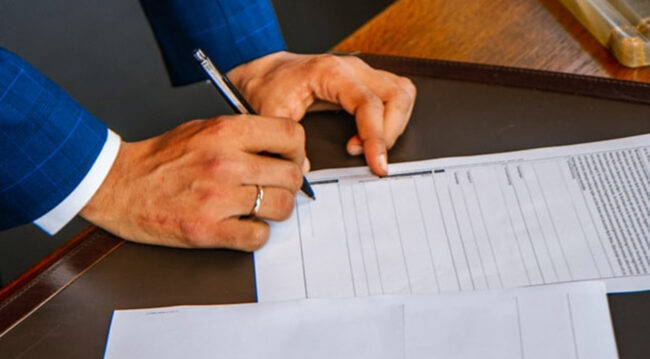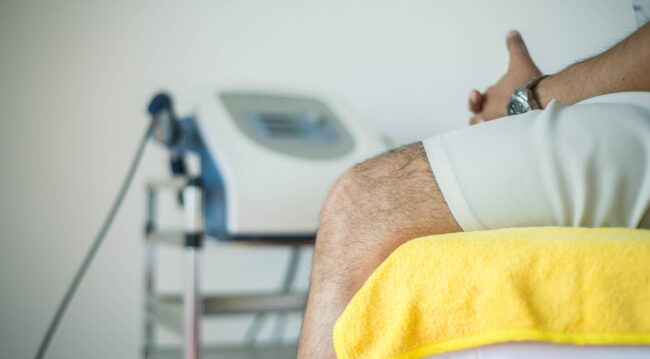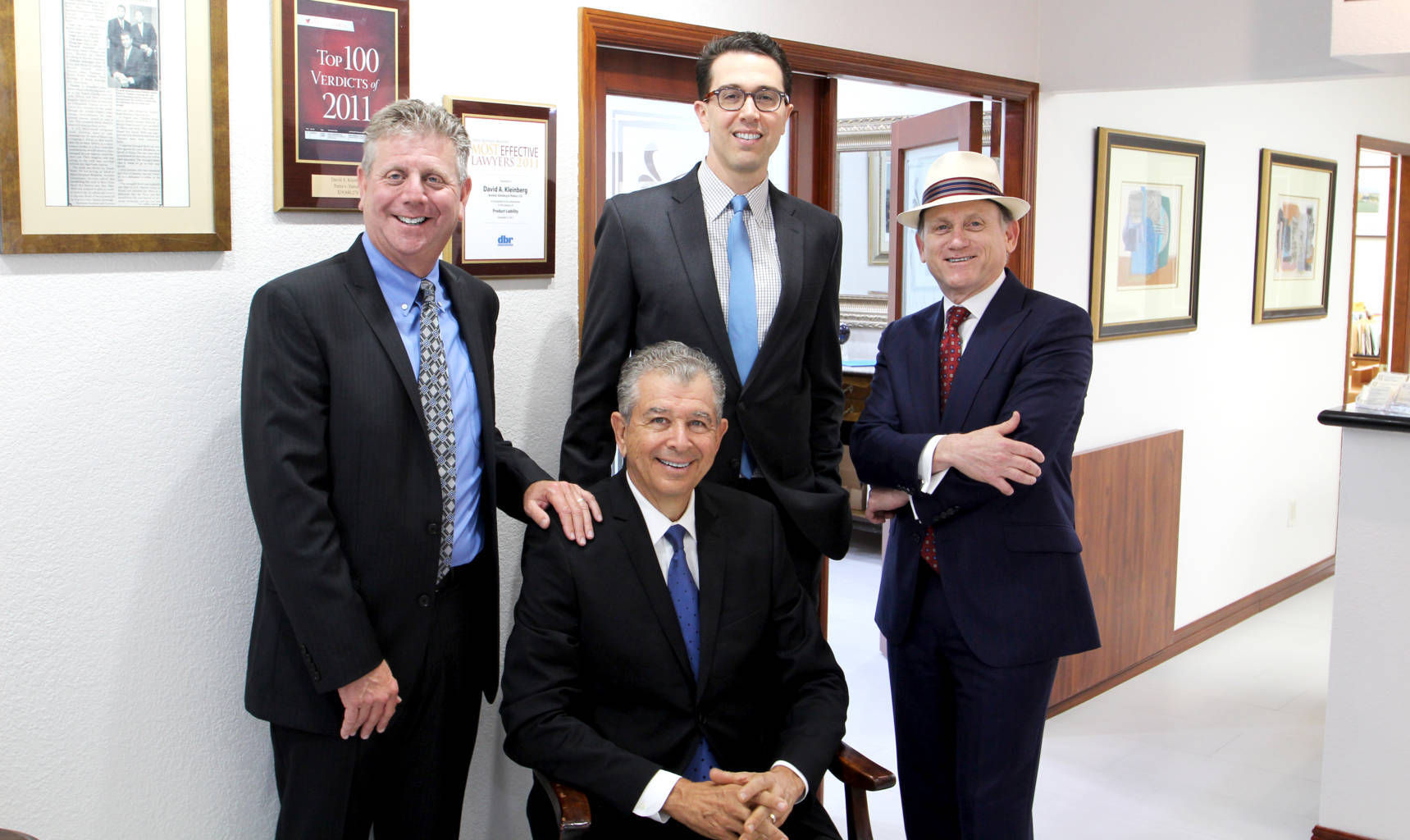BOAT ACCIDENT INJURIES
South Florida is known for beautiful beaches, but a day on the water can be spoiled when injuries occur due to negligence or intoxication. If you were injured in a boating accident, recovery can be a long, costly and painful process. Additionally, receiving fair compensation for your injuries can be difficult and complex. You need a skilled boat accident attorney fighting on your side.
At Neufeld, Kleinberg & Pinkiert, PA, our boat accident personal injury lawyers have more than nine decades of combined experience handling complex cases, including boating accidents. Improper licensing, lack of insurance, and uncooperative or unreliable witnesses and evidence (i.e. there are no skid marks on the water) make boating accident cases challenging, and failing to meet that challenge can have lifelong consequences.
JET SKI ACCIDENTS
In June of 2011, the law firm of Neufeld, Kleinberg & Pinkiert sued Yamaha and received a $38 million jury verdict in our favor. The case involved a defective Jet Ski and involved six and a half weeks of extensive court proceedings.
Whether your case involves a boat, Jet Ski or other recreational watercraft, our firm is positioned to provide skilled representation to clients throughout South Florida. At NK&P, we have decades of hands-on experience and a track record of success that can make a difference in your case. Call today for a free consultation. No Win — No Fees or Costs · Services in English, Spanish, and Creole | 305-964-8127. Even while on vacation and having a good time on the water, it is crucial that individuals remain respectful and follow the equivalent of the rules of the road while boating. Often, a boating accident is caused by a driver who is intoxicated. During a careful and thorough investigation of your accident, we strive to uncover any and all factors that led to the boat-accident collision. We will pursue any legal avenue of recovery to ensure you receive the full and fair compensation possible in your situation.
Over 100+ Combined Years
Of Personal Injury Law Experience.
Choose A Team Of Lawyers That Know How To WIN
SOUTH FLORIDA COAST BOATING ACCIDENTS
For many, there is no better pastime than watersports and boating, and there is no better place in the United States to take part in these activities than the South Florida Coast. Clear blue waters, comfortable ocean and seaway temperatures, and beautiful weather year-round make Florida the premier destination for watersports of all kinds. Before joining the boating and watersport enthusiasts on the rivers, straights, and seaways, all boaters need to be aware of several considerations for safety. Boating safely is the key to avoiding accidents and injuries out on the water. Unlike an accident in an automobile or on land, an accident in a marine environment like the ocean or a river can be fatal if you are rendered unconscious. The best way to avoid them is to be cognizant of all the dangers that boating inherently presents, as well as using common sense when out on the water. Following the tips below could mean the difference between a fun-filled experience out on some of the nation’s best waterways or ending up in the hospital, or worse. Not paying attention (failing to keep a look out for other boaters, people and objects (such as buoys, reefs and sand bars), being an inexperienced boater, and boating at excessive speeds are high-risk factors for boating accidents resulting in injuries.
Be aware of the weather: The weather in Florida, like many other coastal states, is constantly changing. One moment it could be sunny and pleasant and the next you could be racing to shore to avoid a strong storm that is racing across the Florida Peninsula. Staying ahead of the curve and checking the forecast is the first step in being sure the weather will permit boating and other water activities. Boaters should always keep an eye on the horizon for cumulonimbus clouds (the very tall and puffy clouds that signal strong updrafts, which are often a precursor to large storm systems) and dark skies. Being aware of your meteorological surroundings can make your day more enjoyable and stress-free and help keep your family and friends safe on the water.
Make sure you didn’t forget anything: This is more than just forgetting beverages before you go out on the water (speaking of which, a designated boat driver is crucial). This tip is focused on making sure that all safety equipment, safety devices, and other important safety features included in a boating trip are, in fact, on the boat. For many boaters, this can be better accomplished by routinely completing a pre-departure checklist, which is available from several boating and state agencies.
The first set of items that should never be forgotten: floatation devices. This includes everything from life jackets for everyone on board to a cooler that can float and hold an average person’s body weight. It is also a good idea to have a floatation device that can extend twenty feet or more. This will ensure that anyone who falls out of the boat can be saved if they are not a good swimmer. Make sure all of these devices are rated and approved by the U.S. Coast Guard and that every passenger in the boat knows where to find them in case of an emergency. A good rule is to have at least one device per person on board.
Sound producing devices are another item to never forget before going boating. Most boats have sound devices in the form of a horn, which can be useful if the boat’s motor fails or runs out of gas. This horn can be used to signal there is a problem to other boaters who may just think that you decided to stop and enjoy the day. There are also portable sound-producing devices, such as air horns, that can be attached to personal floatation devices. While not required, these can be very useful for finding members of your party in the dark or in stormy weather if your boat sinks.
While you are checking to make sure your horn works, you should also ensure that all of your lights on board work, including your navigation and dashboard/instrument panel lights. Navigation lights are extremely important to have in working condition to ensure other boaters can see you, not to mention that they are required to be in working condition by law.
Keeping distress signals on board, such as flares and day signals, is also something that should never be forgotten when going out on a boat. These can be used to signal to other boats that something is wrong over distances as far as a couple of miles. If you find that your boat is isolated and there has been an accident, these flares can save your life. The location of flares and other distress signals should be indicated to all passengers.
The other device on your boat to make sure works properly is the ship-to-shore radio. Almost everyone has a cell phone these days, but not everybody is able to get a signal once they leave the coast. This is true even off the coast of Miami. Because there is never a guarantee that you will have a cell phone signal if you need to call for help, having a ship-to-shore radio can ensure that you are able to call the Coast Guard in case of an accident.
Develop a plan: Every time you go boating, you should always let someone know where you are going, how long you plan on being there, and why you are going there. This will enable someone to contact the Coast Guard or local police if you do not return within a reasonable hour. Often times, a serious accident can occur and leave the parties to the accident unconscious or incapacitated. Letting someone know how long you planned on being out can be the difference between life and death in those situations.
Know the laws of the water. Every boater should know the laws that need to be followed when out on the water. These laws include everything from the requirements for what should be on board to how to drive a boat within the guides of the law.
All laws for the State of Florida can be found on the Florida Fish and Wildlife Conservation Commission Web site. Keep in mind that not all laws and regulations are the same from state to state. Because Florida is the home to many large lakes, rivers, streams, seaways, and ocean, the laws tend to be a bit stricter than in other states. There are also different laws for seafaring vessels and recreational vessels. Keeping up-to-date on these laws and regulations can keep you both safe and knowledgeable.
In most states, there are bodies of water that resemble those in many other places, and similar hazards that are generally the same from water to water. Florida is a different story. Since Florida offers so many different types of water, there are many hazards that go unchecked and unnoticed by those unfamiliar with Florida boating until it is too late.
Before you go out on the water, be sure to get a thorough background of the area you plan to travel through. You can find access to depth charts and hazard maps that will show where shoals tend to block deep-set vessels and shipwrecks make swimming hazardous. Talk to members of the local population before you go boating in an unfamiliar river or part of the ocean. Being aware of hazards that plague an area can keep accidents from occurring and the members of your boating party safe. Laws and Regulations for Boaters The most important, and most often violated, regulation is the requirement for boating education for anyone born after January 1, 1988. After completing this course, the boater will be issued a photo ID by the Florida Fish and Wildlife Conservation Commission that states they are legal to operate a boat with over ten horsepower in the State of Florida.
The State of Florida also requires several other laws that are the same for many states, including, but not limited to:
- Observing Slow/No Wake zones
- Not going so fast as to create a wake that is excessive or a hazard to other boaters
- Not operating a boat while under the influence of alcohol, which is a blood-alcohol level of .08 in the State of Florida
- Operating the boat in a prudent manner and taking other vessels, posted limits, diver-down flags, and other circumstances into consideration so as not to be operating in a reckless manner
- Keeping all required lighting and equipment maintained
- Not anchoring or stopping, except in an emergency, in a manner that would impede the navigation of other traffic
Florida law also requires boat operators to follow certain regulations when they get into an accident. All accidents that involve a missing person, injury or damage to property worth more than $2,000 must give immediate notice to the Florida Fish and Wildlife Conservation Commission, the sheriff of the county in which the accident occurred, or the police chief of the municipality in which the accident occurred. It is also against Florida law to leave the site of a boating accident without giving all possible aid to the person in trouble and reporting the accident. Calling an Attorney for Boating Injuries and Accidents According to the Florida Fish and Wildlife Conservation Commission, there were 104 reportable accidents in Miami-Dade County in 2013, four of which resulted in a fatality. The total damage done to personal property in these accidents was over $1.6 million. If you are unfortunate enough to become involved in such an accident, the next step is calling an attorney to make sure you are compensated for your losses.
Because of the complexity of boating accidents, choosing an attorney is a very important part of the process. Boating accidents tend to be very costly when they do happen, and getting every penny that you deserve from your property damage and personal injuries should be a priority for the firm that you choose to represent you in court. The firm you choose should also have experience representing marine cases in the waterways of Miami. These boating-accident attorneys are the ones that know water law, boating law, and how to get you the money you deserve from your accident.
The boat-accident lawyers at Neufeld, Kleinberg, and Pinkiert have over 90 years of combined experience helping their boating and jet-ski accident clients win settlements all over the state of Florida. They can help boaters involved in accidents in even the most complex personal injury situations. If you think you have been wronged in a boating accident, you can call Neufeld, Kleinberg, and Pinkiert. If you do not win your case, we do not charge you any fees or costs for their time.

